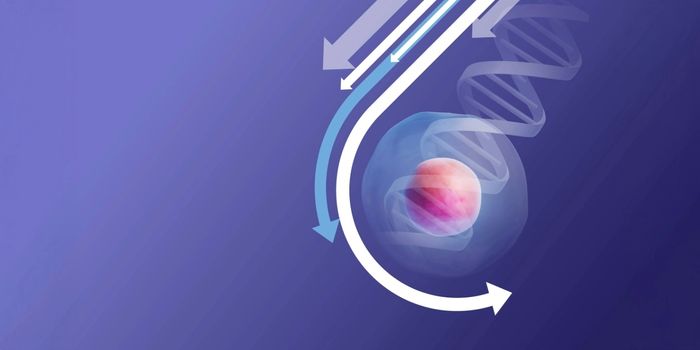Astronauts help to advanced personalized medicine
Extreme temperatures and lethal levels of radiation are just some of the hazards faced by astronauts as they traverse the harsh conditions of space.
Additionally, space travelers on extended journeys are also subject to an accelerated aging phenomenon -- with effects like bone density loss, the hardening of blood vessels, and diminishing muscle mass.
Space health researchers like Dr. Annette Sobel, professor at the Texas Tech University of Health Sciences Center, are taking advantage of cutting edge diagnostic technologies to better understand and manage the physically demanding aspects of interplanetary voyages.
Dr. Sobel is part of a team developing personalized medical support to astronauts, and in doing so, propelling the possibility of early disease detection and precision care for patients on Earth.
For astronauts on long space missions, dropping into a clinic upon the first signs of a medical condition is not an option. In light of this, the astronauts’ health needs to be vigilantly monitored before take-off. Using genomic analysis techniques, space health teams are able to predict the risk of a particular disease developing in an individual and customize a preventative intervention plan accordingly.
Dr. Sobel uses a variety of genomics, proteomics and metabolomics tools which allow her team to simulate disease progression based on a person’s genetic profile. Our genetic code holds a wealth of information: the number and combinations of genes speak to the chances of developing certain diseases, as well as the potential for experiencing side effects to drugs.
Here on earth, lessons learned from these innovations are already being translated to a better standard of care for many common illnesses. For instance, glaucoma is a leading cause of blindness in people over 60, caused by abnormally high pressure in the eyeball. Now, an increased understanding of the genetics of glaucoma progression, using the same techniques used to study astronauts, can empower clinicians and patients with more predictive power to halt disease progression earlier.
The next frontier for personalized medicine could mean that, like astronauts headed for galaxy explorations, we no longer have to wait for symptoms to develop before receiving clinical care.
Source: Mobi Health News









